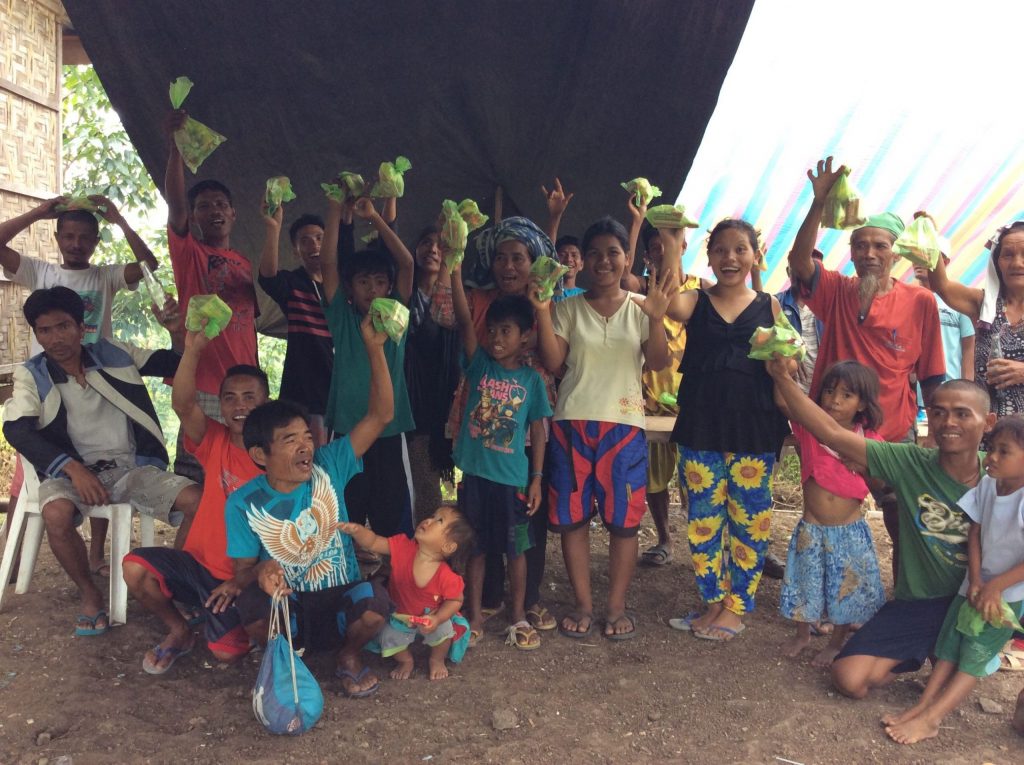By Gorgi Krlev & Alyssa Jade McDonald-Bärtl
Part 2: The greatest vulnerability to COVID-19 is in global supply chains
While businesses are pivoting as never before due to the coronavirus, many CEOs seem to forget their responsibility for the entire supply chain, in particular, their teams in the Global South. In many Western countries, the crisis, despite its gravity, does not threaten societies at the fundamental level. In the Global South, however, the virus, when meeting the multi-morbidities often suffered by the supply chain workers in commodity industries, threatens the viability of entire communities and groups of the population. Unprecedented examples of solidarity action to protect workers in the value chain are underway in the international cacao industry, which can serve as an example for other industries.
Big business has stepped up to the coronavirus crisis in many ways, particularly by keeping up the supply of essential hygiene and food products to people across the world. However, they also need to step up and show responsibility for all those without whom we would not have any supply of these essential products: workers in the producing countries. Many multi-national food companies were quickly calling expatriates back to their homelands in Europe and North America, while not thinking about responsibility for the entire supply chain from farm to fork. A considerable amount of in-kind and cash donations were made by multinationals in the last few months according to public giving statements. But much of this went to their own charitable foundations. Relatively little was done on a systemic level to ensure genuine social protection for those, who were and are being struck hardest when the virus reaches their countries and communities.
In response to this situation, the VOICEnetwork, the key NGO in the cacao industry, launched a call to action in early April, addressing big chocolate producers and cacao traders to contribute to safety measures in their supply chains. Such measures are unprecedented and desperately needed. Not a single country is at operational readiness in African and South-East Asian regions for COVID-19. Operational readiness, defined in short by the WHO, is to: (a) prevent infection, (b) detect, that is, install early warning and respond if there is a (renewed) outbreak in a community, and (c) enable treatment by village health professionals.
This lack of institutional capacity is paired with a high degree of vulnerability of the farmers working rurally. Evidence from Indonesia demonstrate that between 10-16% of cacao farmers experience coughing, chest pain or difficulty in breathing generally. Anecdotal evidence from UNICEF Côte d’Ivoire is that farmers’ top two ailments are malaria and pneumonia. Fever and cough were the two main reasons for seeking health care for male cacao farmers in a Papua New Guinea research. Around the world, the state of cacao farmers’ lungs, combined with pre-existing health conditions, make them highly vulnerable to COVID-19 – and this is combined with lack of access to health care in general, let alone pandemic-health care.

An action plan foresees a number of simple but effective capacity building measures, which range from leveraging central network position and sunk costs to active contribution to social security of rural farmers. We summarize these and give examples of good business practices we are aware of.
- Onsite process change: Companies should leverage digital means for training and encourage families and social ties to isolate together—in the context of social and cultural norms.
- Communications: Companies should use their outbound communication (SMS, Facebook updates, flyer distribution, network for cooperatives and traders) to reinforce key health messages from the national ministries to their workers—symptom recognition, hygiene reasoning, isolation, reporting. During trading exchanges, companies can supply healthcare workers to do symptom checking of the farmers. For example, Olam International funded radio broadcasts of health and safety messages to rural locations, The Hershey Company text messaged farming teams with information about how to stay safe from COVID-19, and Cargill used their ‘farmforce’ agri-app to share hygiene information.
- Provisioning: Companies should use their existing infrastructure for emergency health care. Training huts can be used for COVID-19 testing, symptom checks, advising or health care visits for health workers. Companies can also leverage their mobility fleets and offer their trucks to serve as ‘mobile hygiene stations’ for farming families. For example, KKO International hired doctors to deliver sanitation measures to the workers and to relay national medical information to local teams in the cacao producing regions in addition.
- Emergency relief: The chocolate industry, along with other multi-country supply chain products, should create an emergency relief fund to address health issues of farmers during COVID-19. Pooling together a ‘universal basic income’ for cacao farming families in the supply chain during the COVID-19 crisis would encourage farmers to stay home, to focus on family safety and childcare, and work on their own farm, focusing on farm maintenance or plant productivity. The costs to cover are calculated already. For example, according to the global sustainability network ISEAL, Sustainable Food Lab and the German Development Agency GIZ, this accounts for $329 USD in Ghana.
Antonie Fountain, from the VOICEnetwork commented on the gravity for responsibility: “In this immense global crisis, it is paramount that we make sure that the biggest burden doesn’t fall on the shoulders of smallholder cocoa farmers, who are already very vulnerable to shocks. The entire sector must take their responsibility and go above and beyond business as usual to help the communities that cocoa is sourced from.”
Similar arguments can be extended to big global players in other commodity fields such as coffee, cotton, or rubber, but also to other industries, which have been under particular scrutiny after severe business misconduct and disasters, such as garment production and fashion.
Next week: The third part of this three part blog series will illustrate why business leaders should not see short- and medium-term emergency measures as a cost, but as a long-term investment into the future viability of their companies.
